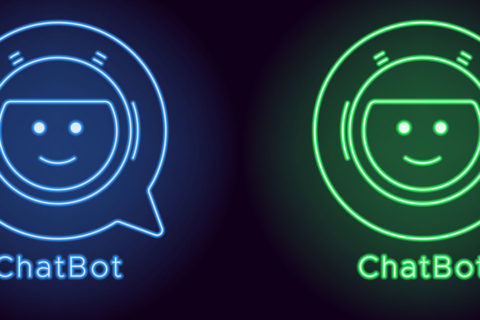According to a new Bloomberg report, thousands of people!
That’s right – Amazon.com Inc. employs thousands of people around the world to help improve its Alexa digital assistant which powers its line of Echo speakers.
What does the team do? It listens to voice recordings that are captured in Echo owners’ homes and offices, transcribes and annotates these recordings, and then feeds them back into the software in an effort to improve Alexa’s functioning; specifically surrounding human speech to enable it to better respond to requests.
Now, before you start to worry about people listening to your Alexa interactions, it’s important to remember that Alexa as it functions today would not exist without this integral team.
The seven individuals who spoke to Bloomberg about the process, have highlighted the often-overlooked role that human people play in such technology coming to life. Like any intelligent software that is built to ‘always get smarter’, it learns from experience and guess what? Humans do some of that teaching!
What does this look like? Well, according to the people that spoke to Bloomberg, it can be very mundane work, with one citing that he worked specifically on parsing together “Taylor Swift” utterances to ensure Alexa knew that these requests were directed towards the artist Taylor Swift.
About this work, an Amazon spokesperson said, “We only annotate an extremely small sample of Alexa voice recordings in order [to] improve the customer experience. For example, this information helps us train our speech recognition and natural language understanding systems, so Alexa can better understand your requests.”
The algorithms powering the Echo and other smart speakers use models of probability to make educated guesses. If someone asks Alexa if there’s a Greek place nearby, the algorithms know the user is probably looking for a restaurant, not a church or community center. But this can only happen effectively if humans ‘teach’ Alexa these inferences, and this is what this team does.
Alexa users may not expect that sometimes a human could be listening to what they are saying to their devices and this raises ethical concerns. Many users will be wondering what Amazon is doing with their information. From a privacy perspective it is important that users know what will happen with their data or that they expect their data to be used in a certain way.
The privacy of Alexa users is protected by not providing the reviewers with full account details, including name and address. Instead the recordings are only associated with an account number, the user’s first name and the device’s serial number. However, from a privacy and ethical perspective it would be recommendable to provide the users with full transparency about how the voice recordings of Alexa devices are being used. Research has shown that people are more willing to share their data when they are being told exactly how it will be used.
Amazon never explicitly informed the users that humans may be listening to recordings of some conversations picked up by Alexa. The frequently asked questions mention that Amazon uses the users’ requests to Alexa to train the speech recognition and natural language understanding systems. And in the privacy settings, Amazon gives users the option of disabling the use of their voice recordings for the development of new features. But even recordings from devices that have disabled this option may still be analysed in the course of improving Alexa’s speech recognition.
Human review will be essential for improving algorithms, so from an ethical point of view it is important that businesses ask themselves if their business use case outweighs the user’s right to privacy, whether or not the user would expect at, and what can be done to limit the privacy invasion to the minimum necessary to improve the algorithm.


